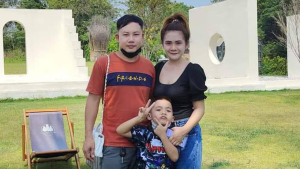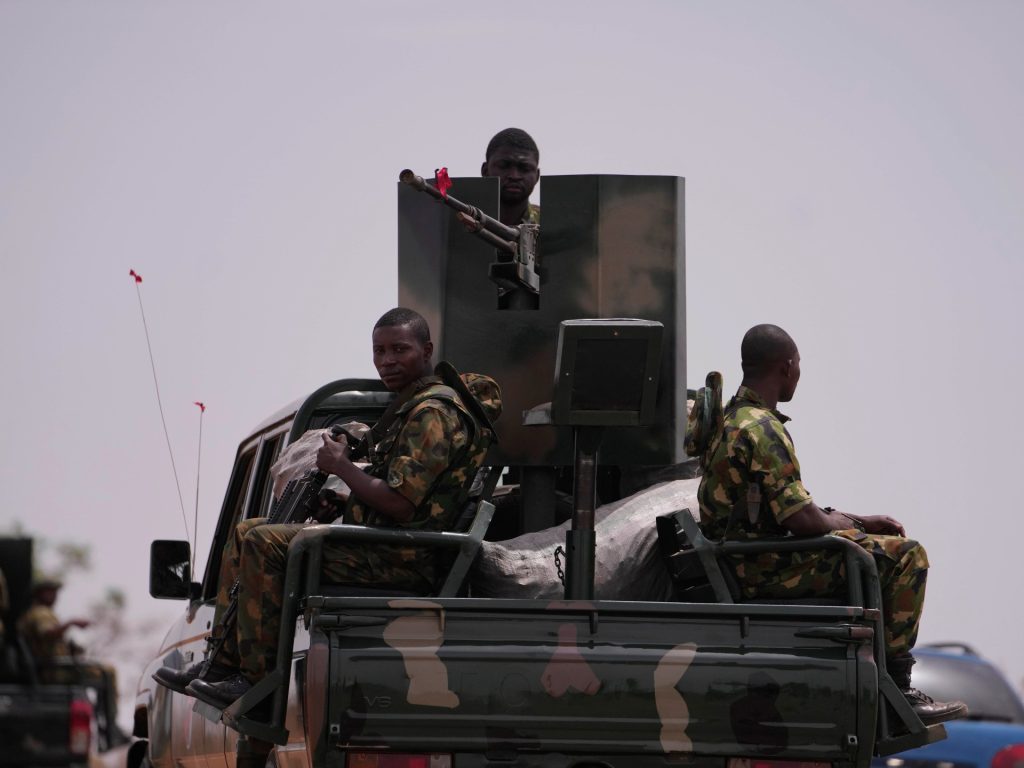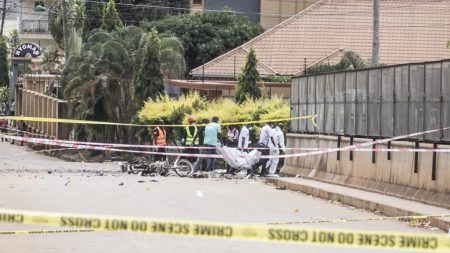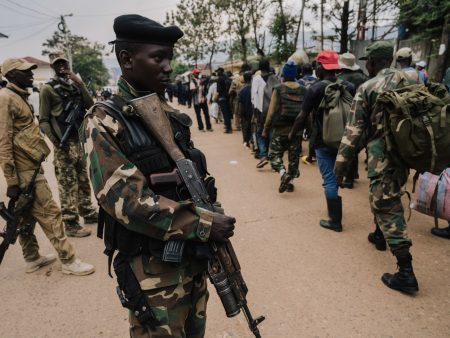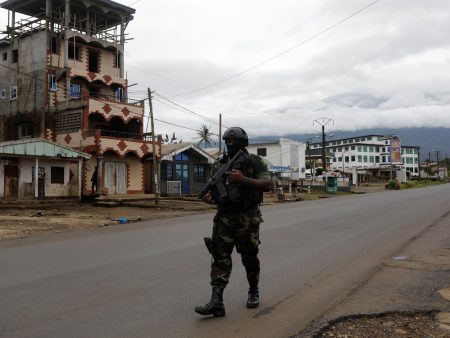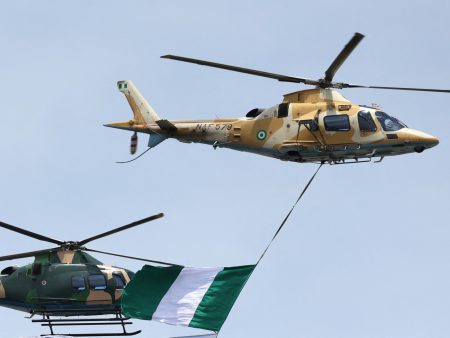Lakurawa, a newly emerged armed group, is destabilizing the northwestern region of Nigeria and spilling across the border into Niger. This adds another layer of complexity to the pre-existing security challenges in both nations, which are already grappling with long-standing conflicts involving groups like Boko Haram. The emergence of Lakurawa has raised concerns about regional stability, particularly given the strained relations between Nigeria and Niger following the 2023 coup in the latter. The group’s origins trace back to Mali, a country grappling with its own surge of transnational armed groups, but Lakurawa’s roots in the Nigeria-Niger border region are deeper than initially thought.
Initially, Lakurawa members were herdsmen who carried rifles for self-protection. Exploiting the lack of governance and security in remote communities, particularly in Sokoto State, Nigeria, local leaders sought their help in combating banditry and kidnappings that were plaguing the area. Between 2016 and 2017, Lakurawa successfully dislodged the bandits and received payment for their services. However, this initial success sowed the seeds of a new threat. The group, empowered by their newfound strength and resources, turned on the very communities they were hired to protect, even murdering a local leader who had initially invited them. This act of betrayal marked their transformation from a local security force to an armed group with potentially more dangerous ambitions.
The group’s motives, while not entirely clear, appear to extend beyond mere banditry. While the Nigerian military initially stated that Lakurawa’s ideology was unknown, researchers suggest the group promotes its own interpretation of Islam and aspires to establish a caliphate. This religious dimension adds a layer of complexity to the conflict, potentially attracting recruits and complicating efforts to address the group’s activities through purely security-focused approaches. Lakurawa’s operational tactics involve a combination of violence and strategic distribution of resources. They are known to attack villages, impose taxes on cattle, and exert control over territory. However, they also employ a seemingly benevolent strategy, distributing money, farming tools, and other necessities to gain local support and attract new recruits.
The Nigerian government, while already engaged in a protracted conflict with Boko Haram in the northeast, has launched operations against Lakurawa in the northwest. These operations include air strikes and ground assaults on suspected Lakurawa camps. However, these efforts have not been without their tragic consequences. A mistaken air strike in Sokoto State resulted in the deaths of ten civilians, highlighting the challenges and risks associated with military operations in such complex environments. Furthermore, the strained relations between Nigeria and Niger, stemming from the coup in Niger, have hampered a coordinated response to the Lakurawa threat. The breakdown of joint border patrols, a previously effective tactic in dispersing the group, created a security vacuum which Lakurawa exploited to regroup and intensify its attacks.
The situation is further complicated by accusations from Niger’s military leader, General Abdourahamane Tchiani, who blames Nigeria and France for sponsoring Lakurawa to destabilize Niger. These accusations, denied by the Nigerian government, add another layer of tension to the already strained relationship between the two countries. This blame game hinders cooperation and creates an environment of mistrust, making it more difficult to address the shared security threat posed by Lakurawa. The interplay of these political tensions with the ongoing security challenges underscores the complex and interconnected nature of the conflict.
The emergence of Lakurawa presents a multifaceted challenge to both Nigeria and Niger. It highlights the dangers of relying on non-state actors for security, the potential for local conflicts to escalate into broader regional threats, and the detrimental impact of political tensions on security cooperation. Addressing the Lakurawa threat requires not only robust military action but also a comprehensive strategy that addresses the root causes of instability, including poverty, lack of governance, and the exploitation of local grievances by armed groups. Furthermore, restoring trust and cooperation between Nigeria and Niger is crucial for effectively countering this shared threat and preventing further destabilization of the region.

